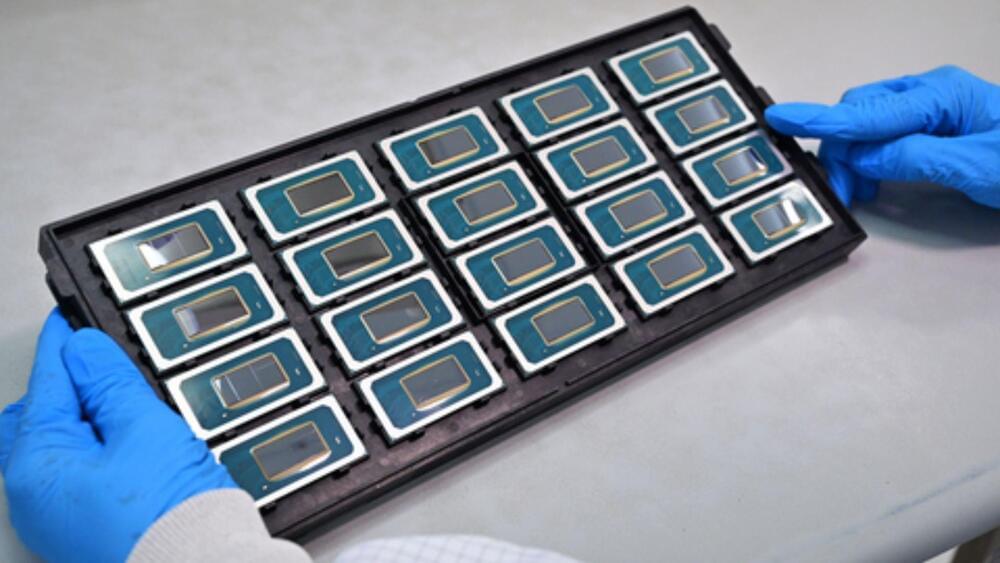The University of Alberta is 3rd in the world for AI research.
Researchers meet the challenge of developing a model that uses speech traits to detect cognitive decline, paving the way for a potential screening tool.
Researchers are striving to make earlier diagnosis of Alzheimer’s dementia possible with a machine learning (ML) model that could one day be turned into a simple screening tool anyone with a smartphone could use.
The model was able to distinguish Alzheimer’s patients from healthy controls with 70 to 75 per cent accuracy, a promising figure for the more than 747,000 Canadians who have Alzheimer’s or another form of dementia.
A machine learning model able to screen individuals with Alzheimer’s dementia from individuals without it by examining speech traits typically observed among people with the disease could one day become a tool that makes earlier diagnosis possible.









